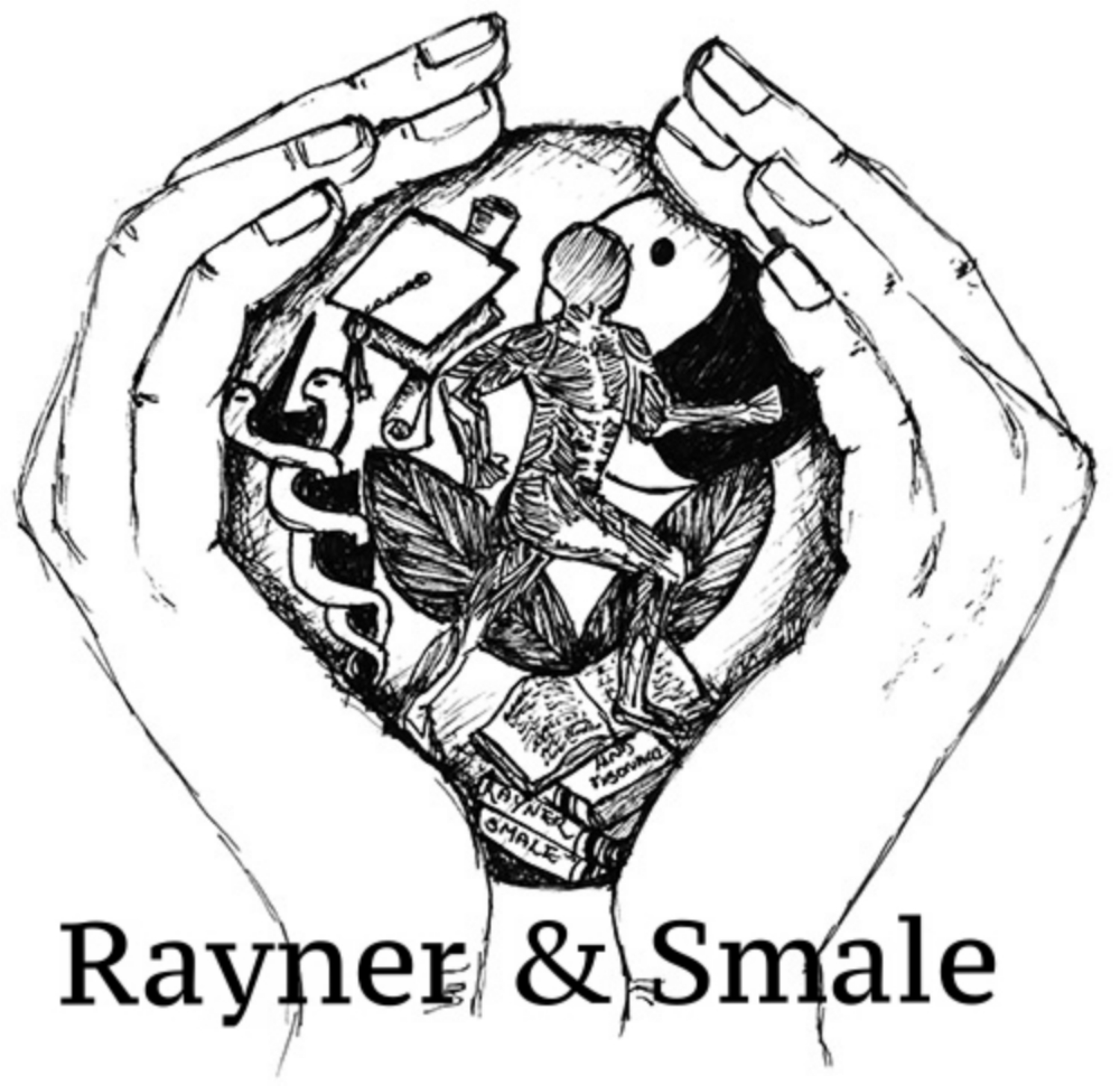Differential diagnosis of cervicogenic dizziness
Dizziness may have vestibular, cardiac, neurological, psychological, and cervicogenic origins. Physiotherapists have the ability to differentiate between cervicogenic dizziness and vertigo. This blog explores some of the causes for dizziness and vertigo which are not cervicogenic in nature.
Read More